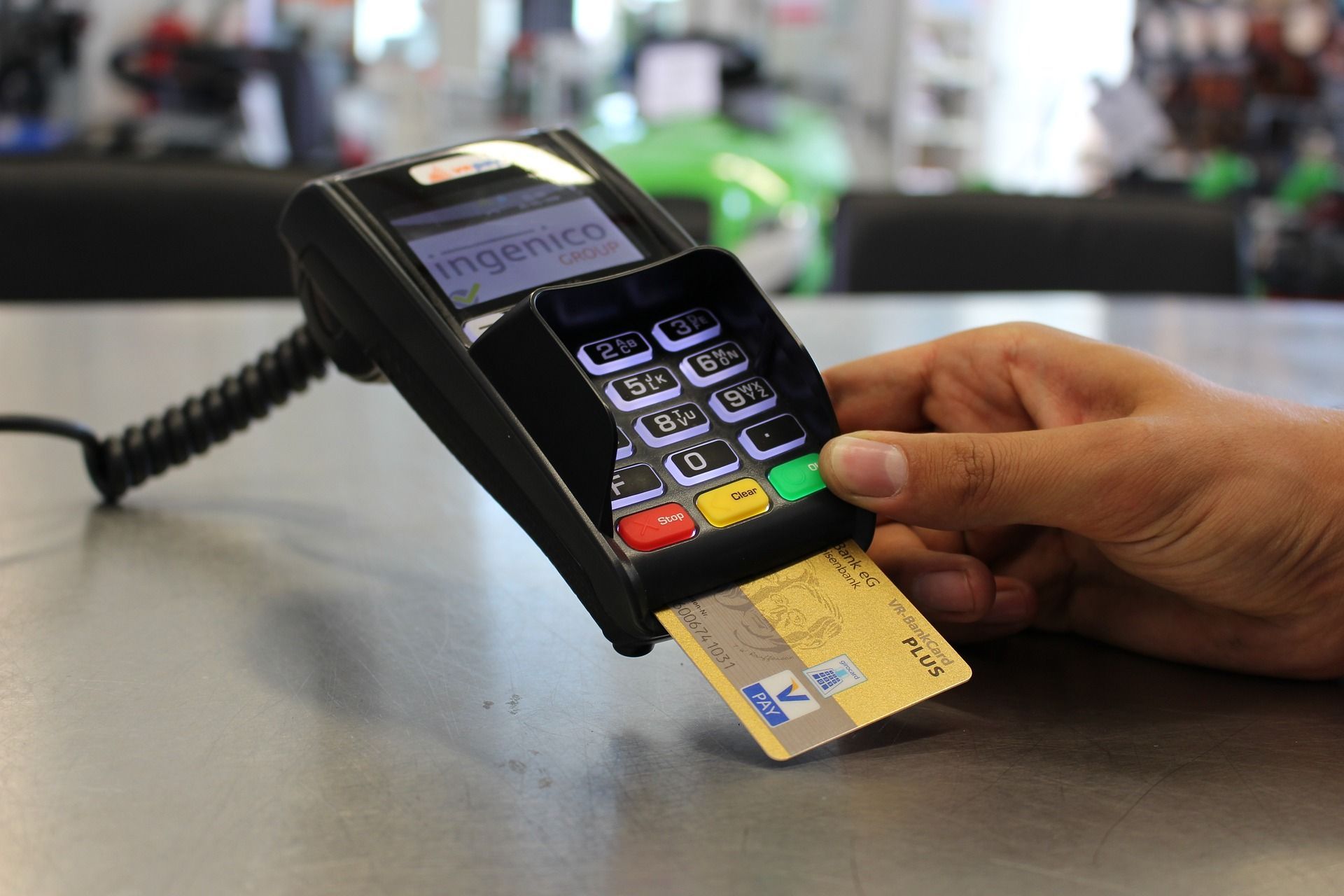Saving Money on Bank Charges
Tips and Strategies for UK Customers
- Created at

UK banks make money from a variety of charges, including fees for account maintenance, ATM withdrawals, and foreign currency transactions. These charges can add up quickly and can be a significant expense for customers. However, there are ways for customers to avoid these charges and save money.
One way to avoid account maintenance fees is to keep a minimum balance in the account. Many banks have a minimum balance requirement for customers to avoid account maintenance fees. Additionally, some banks offer fee-free accounts for students or for customers who meet certain income requirements.
Another way to avoid charges is to use a credit card instead of a debit card for foreign currency transactions. Credit cards often have lower foreign transaction fees than debit cards. It's also important to note that many banks charge a fee for using ATMs that are not owned by the bank, so customers can save money by using their bank's ATMs.
Customers can also save money by opting for online or mobile banking instead of visiting a physical branch. Many banks charge a fee for paper statements, and customers can avoid this fee by opting for electronic statements. Online and mobile banking also allow customers to manage their accounts and conduct transactions at any time and any place.
In summary, UK banks make money from charges such as account maintenance fees, ATM withdrawals, and foreign currency transactions. However, customers can avoid these charges and save money by keeping a minimum balance in the account, using credit cards for foreign currency transactions, using their bank's ATMs, opting for online or mobile banking, and choosing electronic statements.
In addition to the above methods, customers can also save money by shopping around for a bank that best suits their needs. Many banks offer different account options and fees, so it's important for customers to compare the fees and features of different accounts before deciding which one to open.
One way to compare different accounts is to use a comparison website, which can provide a quick and easy way to compare the fees and features of different accounts. Another way is to visit the websites of different banks and compare the fees and features of their accounts.
Another way to save money is to negotiate with the bank. If a customer has been with a bank for a long time and has a good credit history, they may be able to negotiate with the bank to waive certain fees or to lower their interest rate on loans.
In addition, customers should also be aware of the fees that are being charged by the bank. Many banks charge fees for services that customers may not be aware of, such as fees for account maintenance, ATM withdrawals, and foreign currency transactions. To avoid these fees, customers should read the fine print of their account agreements and ask their bank about any fees they don't understand.
Finally, customers should also be aware of their rights when it comes to bank charges. The Financial Conduct Authority (FCA) regulates banks and ensures that they are transparent and fair with their customers. Customers who feel that they have been charged unfairly can contact the FCA to report their complaint.
In conclusion, UK banks make money from a variety of charges that can add up quickly and be a significant expense for customers. However, there are ways for customers to avoid these charges and save money, such as keeping a minimum balance in the account, using credit cards for foreign currency transactions, using their bank's ATMs, opting for online or mobile banking, and choosing electronic statements. Customers can also save money by shopping around for a bank that best suits their needs, negotiating with the bank, being aware of the fees charged by the bank, and being aware of their rights.